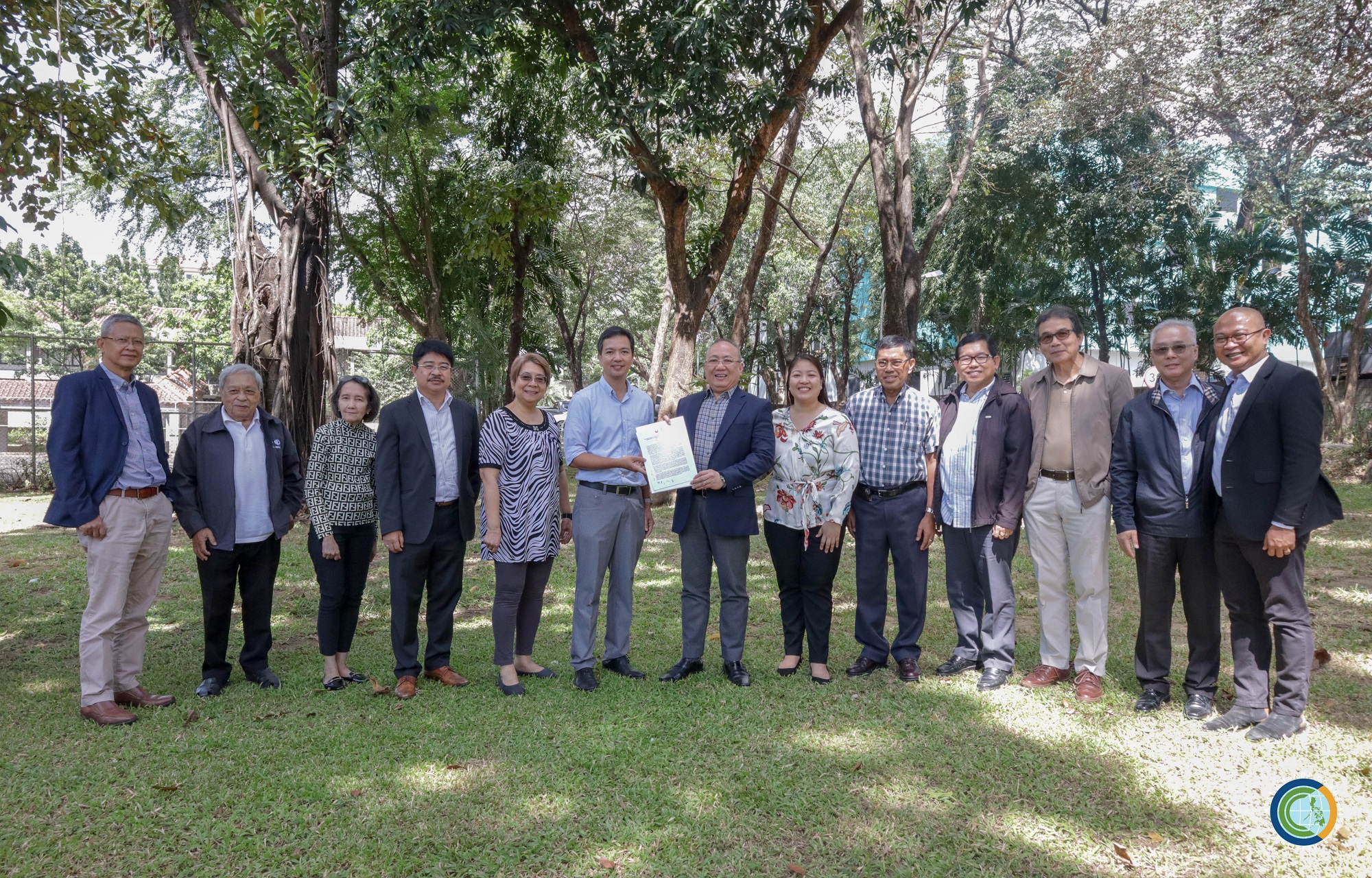
February 18, 2020 Tuesday

QUEZON CITY, 19 February 2020 — The National Panel of Technical Experts (NPTE), composed of the country’s leading climate scientists who have contributed to several reports of the Intergovernmental Panel on Climate Change, recently called for the declaration of a climate emergency in the country.
The NPTE submitted a resolution entitled Declaration of a Climate Emergency and the Immediate Need to Consolidate Government Data to Generate a Nationwide Climate Risk Assessment to the Climate Change Commission (CCC) during their First Quarterly Meeting last 05 February 2020.
The resolution proposed using the term climate emergency instead of the term climate change to emphasize the urgency of the climate problem. It pointed out that as of 2019, forty-one (41) countries, including twenty-eight (28) European Union member states have already declared a climate emergency.
The resolution also urged the government to mobilize its people, institutions, and resources to identify cities and municipalities that are most at risk from the prevailing climate emergency.
Noting that the CCC is in the best position to gather and analyze data sets from national government agencies and produce baseline climate risk assessments at a city/municipality scale, the resolution also recommended that the lead agency assembles a team of GIS specialists, remote sensing image analysts, and data scientists to work on the gathering, integration, and initial analysis of data.
Dr. Carlos Primo David, chair of the NPTE, ensured the CCC during the meeting that the NPTE will provide technical guidance and assistance in analyzing the data sets and in identifying climate risks.
Welcoming the NPTE resolution, CCC Secretary Emmanuel M. De Guzman said that a nationwide climate risk assessment will inform national and local development and investment planning and will enable more local government units to access the People’s Survival Fund, the country’s financing mechanism for local adaptation solutions established by law in 2012.